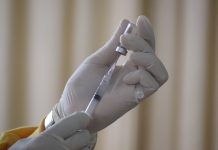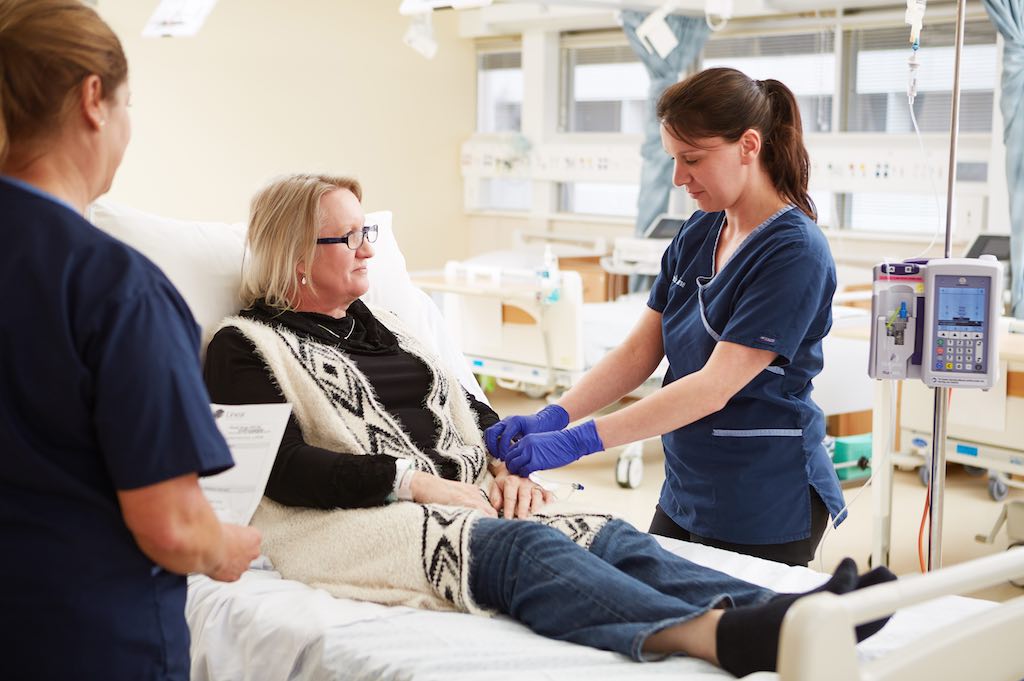Linear Clinical Research in Nedlands is looking for volunteers of all ages for clinical trials.
CEO, Dr Michael Wino says: “Volunteers are needed for two types of trial. Healthy volunteers are needed mainly for early stage drug trials to determine the safe dosage range.
“Less often we need patients for phase 2 and 3 trials; people with a specific condition, such as cancer, but the trend is to use more healthy people in trials.
“We need fit people of a range of ages. For example the high cholesterol trial we are starting is taking volunteers to aged 80 and a trial of a drug for Alzheimer’s trial needs people between 55 to 80 years old. It is important to have a range of ages in case the response of older people is different to that of younger people.”
Linear Clinical Research is based at the Harry Perkins Institute of Medical Research, it is a 40-bed facility with 24-hour medical emergency team coverage.
Most of the trials are sponsored by multi-national pharmaceutical companies. Many of them are quite ground-breaking. Linear staff collaborate with some of the world’s best researchers.
Regulatory standards in Australia mean that clinical trials conducted in Perth are completed six months faster than in the US and often at a third of the cost.
In spite of Linear’s association with Big Pharm the trials are conducted independently.
“Linear is incredibly independent. There is no incentive to get good result and we are tightly controlled under Australian and International regulations,” said Dr Winlo.
“An ethics committee considers each trial and balances the risks against the potential benefits.
“The ethics committee also determines how much volunteers are paid; not too much to suggest they are volunteering to make money, or too little so as not to compensate them adequately for their time and travel costs.”
Pharmacy companies have been criticised in the past for not disclosing negative results of trials.
Dr Winlo says the data from Linear’s trials belongs to the sponsors and it is up to them whether they decide to publish the results.
“There is no pressure to publish and sometimes publication is not relevant. However there is a push for more disclosure by pharmaceutical companies and publication of negative results. I hope it happens,” he said.
Linear has a specialised oncology unit that is home to a team of specialist consultants and an on-site fellow, as well as specialist oncology nursing, clinical and laboratory staff, with a collaborator network that spans the globe.
This enables Linear to assist with the development of new cancer therapies that will benefit patients around the world. But it also means they are able to give local cancer patients – patients who have exhausted standard treatment options – access to novel, potentially life-saving therapies.
Dr Winlo said people have a mixture of motives for volunteering. Most want to contribute to medical research and those with a medical condition such as cancer are hoping for advanced treatment for their condition. It is not just about money.
If any readers are interested in participating in any of the drug trials, they should go to the website www.linear.org.au/compare-trials/, call Linear on 1300 546 327 or email contactus@linear.org.au and fill out the application forms.
They will then go through a very thorough screening process.
Current and planned trials include high cholesterol, fungal nail infections, coeliac disease, erectile dysfunction and malaria.



































